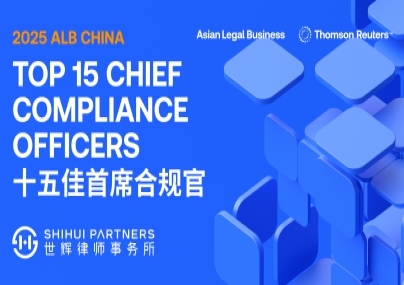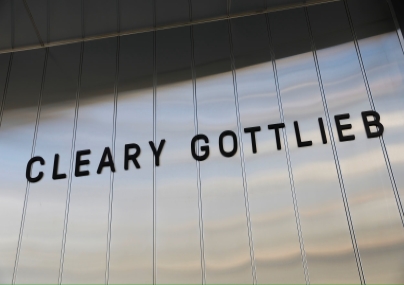The lack of a mechanism in Hong Kong to extradite suspects to mainland China is an obstacle to tackling money laundering and terrorism financing, a watchdog said on Wednesday as Hong Kong withdrew an extradition bill that sparked mass protests.
The Financial Action Task Force (FATF), an international body that assesses money-laundering standards, said in a report that Hong Kong should “look at ways to improve its ability to cooperate with other parts of China through formal means”.
While there were legal impediments to such cooperation, informal co-operation was robust and “partially mitigates the legal shortcomings”, it added.
In February the Hong Kong government proposed a law that would allow people to be extradited from the city to mainland China, citing among other reasons a previous FATF report noting the absence of such a mechanism.
Mass protests against the bill have pushed Hong Kong to the edge of anarchy and left the city of seven million people deeply divided.
Hong Kong Chief Executive Carrie Lam said on Wednesday that the bill would be withdrawn.
The potential for money laundering is a concern in Hong Kong, an international hub for finance, trade and transport with strong links to mainland China.
The Hong Kong Monetary Authority (HKMA), Hong Kong’s central bank, has made anti-money laundering and measures to counter terrorism financing priorities for each year since 2016.
Overall, FATF found that Hong Kong had a “sound regime to fight money laundering and terrorist financing that is delivering good results”.
Etelka Bogardi, a partner at law firm Norton Rose Fulbright in Hong Kong, said that while the report was generally positive about large financial institutions in Hong Kong it raised concerns about supervision of smaller players like money lenders, money service operators and trust and company service providers.
“I think we might see more scrutiny of them in the future,” she said.
Hong Kong amended its anti-money laundering legislation in March 2018 to require trust and company service providers - the 6,000 of which in Hong Kong help with the formation of companies - to meet higher anti-money laundering requirements ahead of the FATF review.
The FATF report said Hong Kong should continue to prioritise implementation of the new regime, noting concerns that such providers could be used to form companies that take part in sanction evasion particularly with respect to North Korea.
The report also said Hong Kong did not “appear to be making enough proactive efforts to pursue proceeds of crime outside the jurisdiction”.
HKMA Deputy Chief Executive Arthur Yuen said the report was a “positive assessment”.


